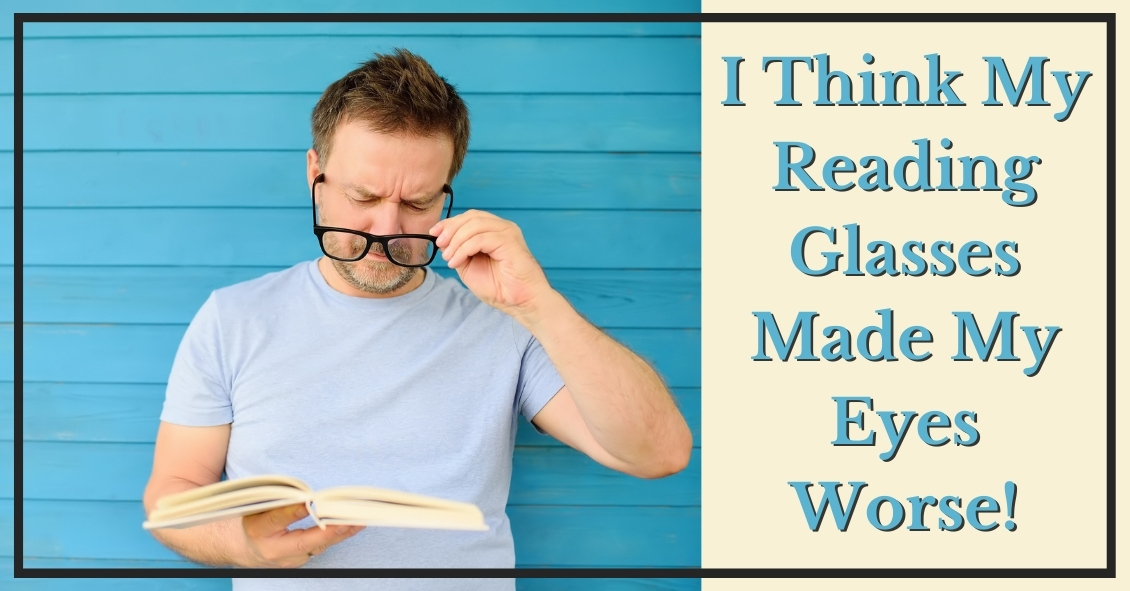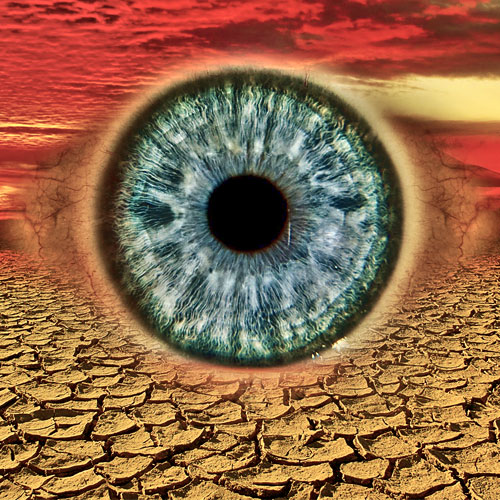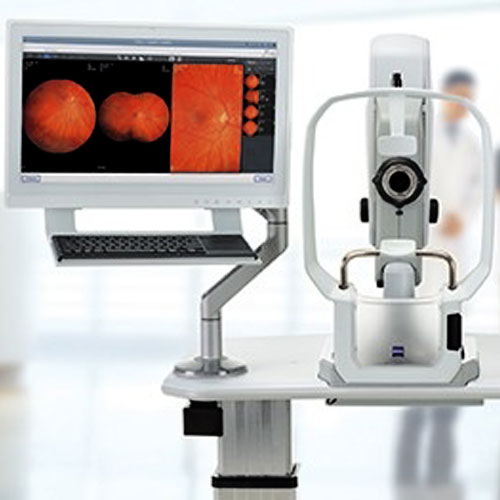
Will reading glasses make your eyes worse? The short answer is "No."
Although we don’t know the exact mechanism by which humans lose the ability to focus up close as we age (a process called presbyopia), the fact remains that it happens to almost all of us.
The leading theory of how this occurs is that the lenses in our eyes get stiffer and thicker as we age--one of the muscles in the eye that contracts to change the shape of the lens does so less and less effectively because the lens itself gets less pliable.
The process of changing the focus of the lens from far away objects to up-close objects is called accommodation. If you have normal distance vision without glasses, then your eye's natural focus spot is far off in the distance. In order to focus on an object close to you, the lens in your eye has to alter its shape. The ability of your lens to do that is at its best when you are born and it slowly gets less and less pliable as the years go on. You have such a tremendous ability to accommodate when you are young that the slow loss of this ability is not perceptible, until you reach about the age of 45.
At around 45 the lens has lost so much accommodative ability that you start to have difficulty focusing on near objects. The impact usually starts when you notice that in order to look at anything small up close, you start holding it further away. Even though this decreasing ability to focus up close has been slowly getting worse since the day you were born, many people feel like the problem has occurred very suddenly. We have many people who come into the office around age 45 telling us “all of a sudden” they can’t read. What has probably been happening is they have just very slowly been adapting by holding things farther away until one day “their arms are too short” and then they can’t read easily.
That is where reading glasses come in. Some people just buy over-the-counter readers, which can work fine for them, but if you haven’t had an exam in some time it is much wiser to get your eyes checked first to make sure the normal aging process is the only problem. Once it is confirmed through a medical eye exam that there are no other issues, reading glasses are usually prescribed. Contact lenses are also an option at this point.
At the beginning, a low-powered reading glass is used. As time goes on, the lens in your eye continues to stiffen and your ability to focus up close continues to get worse. The result of that is that your reading glass prescription gets stronger, usually at a clip of about one step every 2 to 3 years.
IT IS NOT USING THE READING GLASSES THAT ARE MAKING YOU WORSE. TIME IS THE CULPRIT.
The decrease in reading ability is going to continue to get worse as you get older whether you wear the reading glasses or not. Trying to avoid wearing glasses and struggling along without them is not going to stop the march of time. You really can’t preserve your reading ability by not wearing them--you are just needlessly making things harder on yourself.
Article contributed by Dr. Brian Wnorowski, M.D.
This blog provides general information and discussion about eye health and related subjects. The words and other content provided in this blog, and in any linked materials, are not intended and should not be construed as medical advice. If the reader or any other person has a medical concern, he or she should consult with an appropriately licensed physician. The content of this blog cannot be reproduced or duplicated without the express written consent of Eye IQ.


